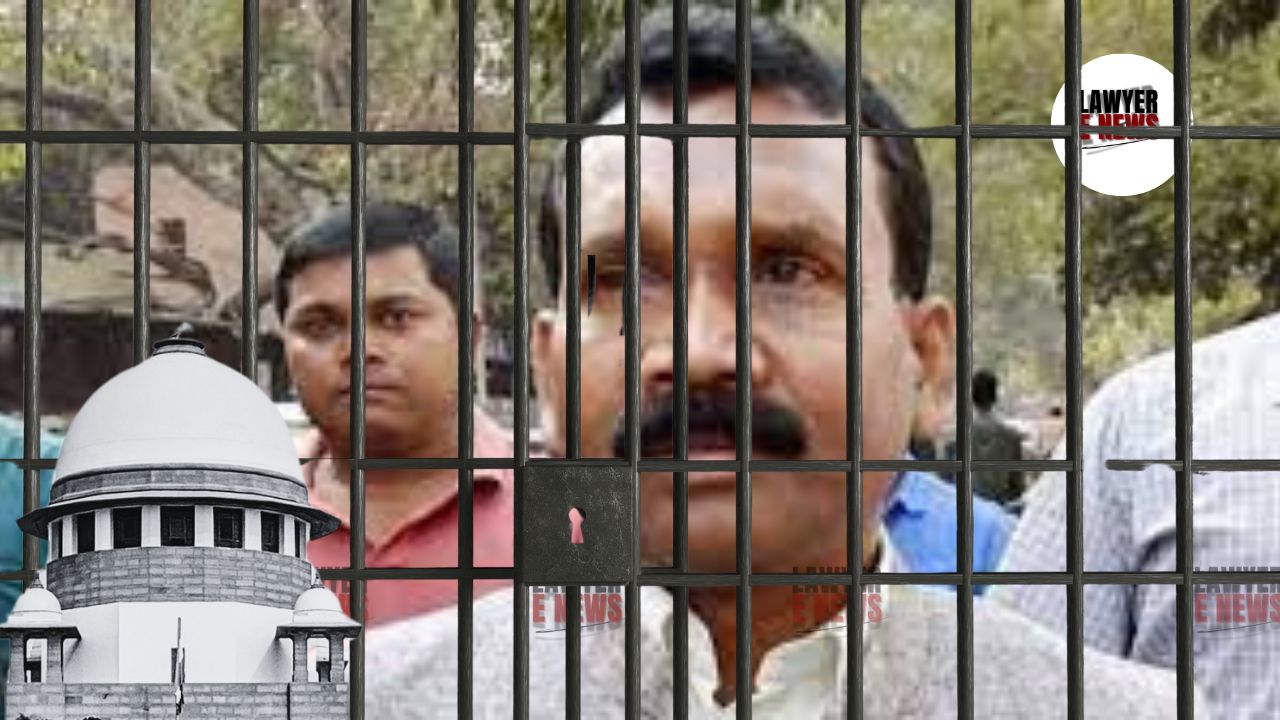-
by Admin
15 February 2026 5:35 AM



In a setback for former Jharkhand Chief Minister Madhu Koda, the Supreme Court on Friday (October 25) dismissed his petition seeking suspension of his conviction and sentence in the coal scam case. The decision prevents Koda from contesting the upcoming Jharkhand Assembly elections.
A bench comprising Justices Sanjiv Khanna and Sanjay Kumar upheld the earlier judgment of the Delhi High Court, which had refused to suspend Koda's conviction. The Special Leave Petition (SLP) filed by Koda was aimed at overturning this decision to allow him to run for office despite his conviction.
"Not a Routine Matter," Says Supreme Court, Differentiates From Afzal Ansari Case
Koda’s legal team argued that the Supreme Court had previously suspended the conviction of BSP legislator Afzal Ansari in Afzal Ansari vs. State of Uttar Pradesh (2023), thus allowing him to retain his legislative seat. However, the bench clarified that Koda’s case was not comparable, noting that Ansari was a sitting legislator when his conviction was stayed.
"Several factors have to be taken into consideration for a stay of conviction, which is not a matter of routine. In Afzal Ansari, the appellant was a sitting member of the legislature. This is not the factual situation here," the bench observed, emphasizing that the standards for suspending a conviction are stringent and not automatically applicable to candidates who wish to contest elections.
The bench further noted that there were no irreversible consequences arising from the conviction remaining in place, indicating that Koda could still pursue other legal avenues without disrupting the status quo.
Background of the Case and Conviction
Madhu Koda was convicted on December 13, 2017, by a special court for his involvement in the coal allocation scam. He was found guilty of criminal conspiracy under Section 120B of the Indian Penal Code (IPC) and under Section 13(1)(d)(ii) and Section 13(1)(d)(iii) read with Section 13(2) of the Prevention of Corruption Act for criminal misconduct. The court sentenced him to three years of rigorous imprisonment.
Koda’s conviction stems from his tenure as Chief Minister, during which he allegedly engaged in corrupt practices related to coal block allocations. The conviction has had a significant impact on his political career, barring him from contesting elections unless the conviction is suspended.
Implications of the Decision
The Supreme Court's decision to deny Koda's plea for suspension of conviction underscores the judiciary’s strict approach toward public officials convicted of corruption. By differentiating Koda’s case from that of Afzal Ansari, the Court emphasized the need for strong legal grounds and specific circumstances to justify a stay of conviction.
The ruling also reiterates the principle that a stay of conviction is not a matter of routine and should be considered carefully, particularly in cases involving public corruption. Koda, now unable to contest the Jharkhand Assembly elections, faces a legal and political dead-end unless he can successfully overturn his conviction in an appeal.
Madhu Koda vs. State Through Central Bureau of Investigation
Diary No.: 49236-2024
